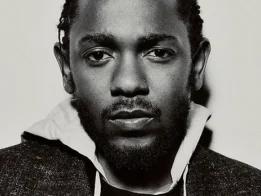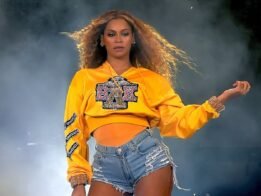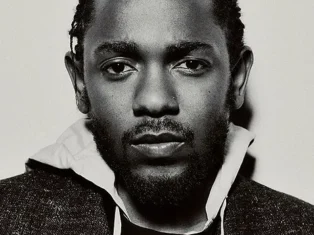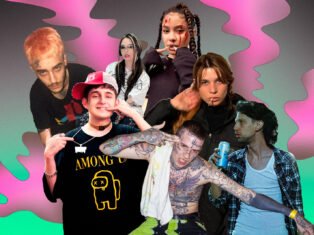
Crossover Kings: How Latin Collaborations Are Changing the Face of Pop Music
In recent years, the music industry has witnessed a transformative shift with Latin collaborations transcending borders and redefining the global pop music landscape. The fusion of Latin rhythms with pop sensibilities has given rise to a wave of crossover hits, and artists are becoming kings in seamlessly blending cultures and languages. Let's explore how these crossover kings are changing the face of pop music.
1. Despacito Dominance: The Global Anthem
"Despacito" by Luis Fonsi and Daddy Yankee marked a turning point in the crossover phenomenon. The infectious reggaeton beat, coupled with Justin Bieber's English-language remix, catapulted the song to global stardom. Its unprecedented success demonstrated the universal appeal of Latin music and paved the way for future collaborations.
2. J Balvin: Reggaeton Ambassador
J Balvin has emerged as a reggaeton ambassador, collaborating with a diverse array of artists to create global hits. From "Mi Gente" with Willy William to "I Like It" with Cardi B and Bad Bunny, J Balvin's ability to infuse Latin vibes into pop has made him a central figure in the crossover movement.
3. Bad Bunny: Breaking Language Barriers
Bad Bunny's collaboration with Cardi B on "I Like It" and with Drake on "Mia" showcased his versatility in seamlessly blending Spanish and English. His unapologetic approach to language and genre fluidity has played a key role in breaking down language barriers and expanding the reach of Latin music.
4. Rosalía: Flamenco Fusion Pioneer
Rosalía, with her unique flamenco fusion sound, has become a trailblazer in the crossover scene. Collaborations with Travis Scott on "TKN" and Billie Eilish on "Lo Vas A Olvidar" highlight her ability to bring flamenco to a global audience while embracing diverse musical landscapes.
5. Ozuna: Reggaeton and Latin Trap Maestro
Ozuna's collaborations have been instrumental in the fusion of reggaeton and Latin trap with pop. From "Taki Taki" with DJ Snake, Cardi B, and Selena Gomez to "Criminal" with Natti Natasha, Ozuna's contributions have solidified him as a maestro in navigating the intersection of genres.
6. Shakira: Pop Queen's Latin Touch
Shakira, a seasoned pop queen, has seamlessly incorporated Latin elements into her music throughout her career. Hits like "Hips Don't Lie" and "Waka Waka" showcase her ability to bring a Latin touch to the global pop stage, influencing a generation of crossover collaborations.
7. Maluma: Latin Heartthrob's Global Impact
Maluma's collaborations with Madonna on "Medellín" and The Weeknd on "Hawái Remix" have catapulted him to international stardom. As a Latin heartthrob, Maluma has played a significant role in shaping the image and sound of Latin music in the global pop scene.
8. Daddy Yankee: Reggaeton Pioneer's Enduring Legacy
Daddy Yankee, a reggaeton pioneer, has continued to contribute to the crossover phenomenon. His collaboration with Snow on "Con Calma" and with Katy Perry on "Con Calma Remix" exemplifies his enduring influence on merging Latin rhythms with global pop trends.
9. Karol G: Redefining Femininity in Crossover Hits
Karol G's collaborations, such as "Tusa" with Nicki Minaj and "Bichota," have not only dominated Latin charts but have also redefined femininity in the crossover hits. Her unapologetic approach to empowering women has added a new dimension to the narrative of Latin collaborations.
10. BTS: K-Pop Meets Latin Rhythms
BTS, the global K-pop sensation, embraced Latin rhythms in their collaboration with Halsey on "Boy With Luv." This cross-cultural fusion showcased the permeation of Latin sounds into unexpected genres, contributing to the diverse landscape of global pop music.
In conclusion, the rise of crossover kings in Latin collaborations has reshaped the face of pop music, breaking down language barriers, embracing diverse influences, and fostering cultural exchange. These artists have become architects of a musical movement that transcends borders, creating a harmonious fusion of sounds that resonates with audiences worldwide. As Latin collaborations continue to dominate the charts, the future of pop music appears increasingly dynamic, diverse, and united by the universal language of music.
HOT RIGHT NOW
© DOPE MUSIC ORG












